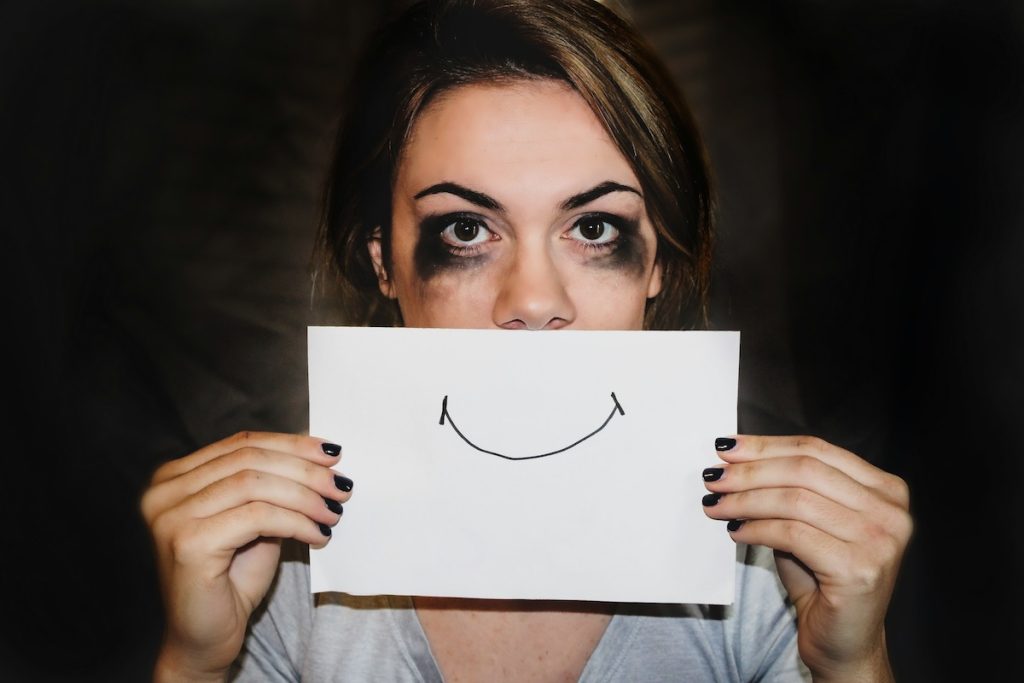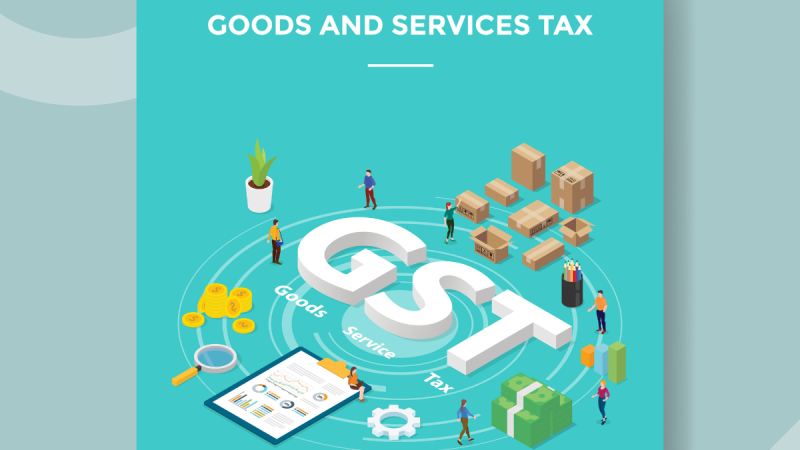Learn how social media usage can worsen mental health issues and how you control your social media use and safeguarding your mental health.
Introduction
Checking social media platforms frequently nowadays has become a part of our daily routine. It helps us to stay connected and updated with our loved ones, but on the other hand, social media has some dark side too. Its widespread use raises questions, nevertheless, regarding its potential impact on mental health. Research shows a clear connection between extended usage of social media and psychological problems like loneliness, depression, and anxiety. Understanding the connection between social media and mental well-being is essential for users to take control of their online habits and ensure a healthy balance.
The Impact of Social Media on Mental Health
Anxiety and Depression
Excessive usage of social media has been connected to increased feelings of anxiety and sadness, according to research. Research by the American Psychological Association found that people who use social media for more than three hours a day are more likely to experience mental health issues. Emotions of inadequacy and sadness become worse by continuous comparisons with others, exposure to negativity, and the desire to portray a “perfect” online image.
Sleep Disturbances
Social media use has also been connected to sleep cycle disruption. Research indicates that using smartphones for social media late at night results in poor quality sleep, which is important for both physical and mental well-being. It is widely accepted that anxiety and depression symptoms get worse by inadequate sleep, which keeps people in a vicious cycle.
Loneliness and Isolation
Social media was created to bring people together, but it can have the opposite impact. According to a University of Pennsylvania study, decreasing social media use substantially decreases feelings of isolation and loneliness. Social media users frequently feel cut off from their real-world relationships as a result of social media platforms’ unrealistic expectations for social interactions.
Body Image Issues
Body image concerns are prominent among younger users, particularly on platforms like Instagram and TikTok, where selected and filtered images dominate. Exposure to these unrealistic ideals can cause body dissatisfaction and low self-esteem, which can exacerbate mental conditions like depression and anxiety. Psychologists have seen a rise in the number of young patients seeking treatment for mental health problems connected to body image, with social media playing a major role in this trend.
Cyberbullying
Cyberbullying is a serious concern since a large number of people report experiencing harassment online. Because social media platforms allow users to remain anonymous, bullying can persist and hurt the mental and emotional well-being of its victims. According to the Cyberbullying Research Center, approximately 34 percent of American kids report having been the victim of cyberbullying. Suicidal thoughts and depression are merely two serious mental health effects that can result from this type of online abuse.

What You Can Do About It?
Reduce Your Use of Social Media
It’s critical to set time limits for using social media to reduce the harmful effects. You can keep an eye on and spend less time online with the use of tools like screen time trackers or built-in app usage limits. According to research limiting daily usage of social media up to 30 minutes will improve your mental health to some extent.
Curate a Positive Feed
Your mental health can decline significantly if you unfollow accounts that make you feel bad. Rather, follow positive educational pages, mental health activists, and inspirational content creators. This can help you in focusing your attention on things that improve your life.
Engage in Offline Activities
Increased physical activity and spending time offline can also benefit mental health. Exercise, hanging out with friends and family, and engaging in hobbies are all good ways to lessen the loneliness that is sometimes made worse by overusing social media. To support and promote good messages while working independently, freelance platforms such as Wiraa even provide chances for freelancers to work on content creation projects that emphasize mental health awareness.
Seek Professional Help
You must seek help from a psychologist if you are experiencing anxiety, depression, or any other mental health difficulties related to social media. They offer methods for appropriately controlling your usage of social media and address underlying mental health issues. To stop social media-induced mental health issues from getting worse, early detection is essential.
Conclusion
Social media has numerous advantages, but it also has a negative influence on mental health. It can exacerbate depressive, anxious, and lonely feelings, particularly if misused or abused. You can reduce these effects and protect your well-being by controlling how much time you spend on screens, filtering your feed, and participating in offline activities. Consult a psychologist if necessary to improve the way you manage your mental health. Platforms like Wiraa not only offer freelancers the chance to connect with clients but also create content that raises awareness on important topics.




